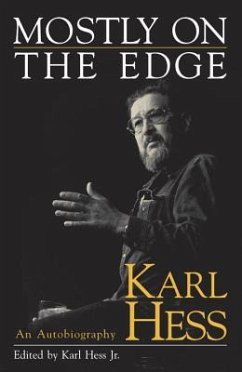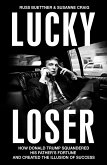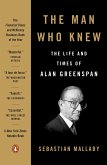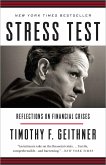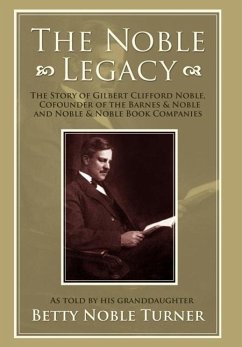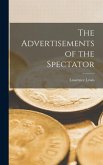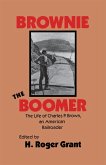He left school at fifteen to work as a reporter and wound up, just a few years later, as associate editor at Newsweek. He helped William F. Buckley Jr. found the National Review, worked closely with Joseph McCarthy, and became chief speechwriter for Barry Goldwater. But true to a conscience that caused him to question the claims and authority of others, Hess eventually rejected conservatism and embraced the libertarian politics of the New Left. He dabbled with drugs, rode motorcycles, worked with the Black Panthers, got arrested while protesting the war in Viet Nam, and published an article in Playboy that defined libertarianism and ignited a national debate. As an anti-Communist he cooperated with the FBI, but as a libertarian he fought the IRS until he was nearly destitute. Whatever his political leanings, he always despised conceit, exploded intolerance, and embraced life to the fullest. He was a man who traveled in influential circles, often close to power, but, in his own words, "mostly on the edge." Karl Hess participated in many of the defining events of 20th-century America, a self-taught boy who became a self-made journalist. Mostly on the Edge chronicles the life education of Hess, who became a defiant tester of the prevailing ideas of each decade. He lived by trial and error, and was always willing to acknowledge his mistakes. Like Franklin and Thoreau, Hess hoped to wake up America by questioning the moral majority, fighting the Kafkaesque intrusions of government, and encouraging his family, friends, and highly influential colleagues to think for themselves. Hess provides eyewitness accounts, unique personal observations, startling and valuable insights on leadership and dissent, and, in the end, leaves behind a clear path to realizing the dream of freedom.
Hinweis: Dieser Artikel kann nur an eine deutsche Lieferadresse ausgeliefert werden.
Hinweis: Dieser Artikel kann nur an eine deutsche Lieferadresse ausgeliefert werden.

